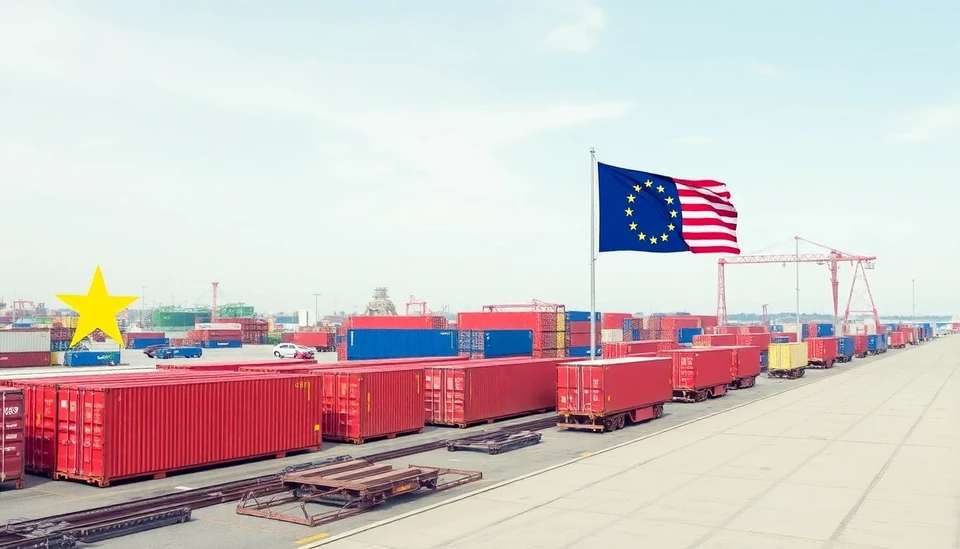
The European Union (EU) has made it abundantly clear that it is ready to wield a robust arsenal of retaliatory measures in response to perceived aggressive trade policies from the United States. In a recent statement by the EU's chief trade negotiator, the union is exploring every possible option to counteract U.S. actions that it deems unfairly disadvantageous to European interests.
This announcement comes amidst escalating tensions between the two economic powerhouses, as the EU contends with a range of U.S. tariffs and regulatory measures that have stirred discontent among European businesses and policymakers alike. The EU insists that it will not stand idly by while its companies face what it views as blatant protectionist tactics from across the Atlantic.
In the backdrop of this confrontation, the European Union is evaluating various retaliatory tools at its disposal. These could include slapping tariffs on U.S. goods, tightening regulations on American companies operating within EU boundaries, and other forms of economic pressure designed to encourage Washington to reconsider its current trade strategies. The statement suggests a unity among EU member states, emphasizing that the bloc is prepared to act collectively to safeguard its economic interests.
The chief trade negotiator further outlined that these discussions on retaliation come at a crucial time when the EU is also attempting to position itself as a more resilient economic entity. The pressures from the U.S. are not solely about tariffs; they intertwine with larger geopolitical concerns, including issues related to technology, digital trade, and environmental regulations, where both regional blocs are vying for supremacy.
EU officials hope these measures will signal to the U.S. that aggressive trade policies can have consequences, and they are committed to ensuring that the playing field remains even. While the EU prefers diplomatic solutions and open trade dialogues, the union's readiness to implement retaliation reflects its frustration with the current state of transatlantic trade relations.
To close, the EU's stance indicates a pivotal moment for international trade. With the global economy intricately interconnected, the repercussions of these potential actions could extend beyond the borders of Europe and the United States, potentially impacting markets worldwide.
The ongoing dialogue will undoubtedly shape the future of EU-U.S. relations, as both sides weigh their options in what could become an extended trade dispute.
#EUTariffs #USTrade #GlobalEconomy #TradeDispute #Economics #TransatlanticRelations #TradeNegotiation #EuropeanUnion
Author: Rachel Greene




